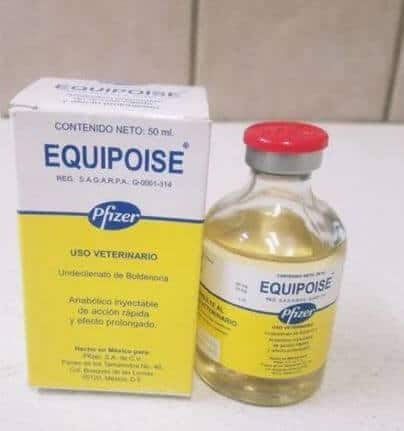Exploring Steroids in Athletics: Understanding the Types and Effects
Introduction in regards to what steroids do athletes use
Steroids have long been associated with athletic performance, capturing the attention of athletes, coaches, and spectators alike. The allure of increased strength, endurance, and physical prowess has led some athletes to explore the use of steroids as a means to gain a competitive edge. In this article, we will delve into the world of steroids used by athletes, exploring the types of steroids commonly employed, their effects on performance, and the ethical and health considerations surrounding their use.
I. Anabolic Steroids in light of what steroids do athletes use
A. Definition and Mechanism of Action
Anabolic vs. Androgenic Effects
Muscle Protein Synthesis and Growth
Muscle protein synthesis and growth play a crucial role in the development of muscle mass and strength. When it comes to the use of steroids, these processes are often at the forefront of athletes’ minds. Steroids, particularly anabolic steroids, have been recognized for their ability to enhance muscle protein synthesis and promote accelerated muscle growth.
Anabolic steroids exert their effects by binding to androgen receptors in muscle cells, triggering a cascade of molecular events. This leads to an increase in protein synthesis, the process through which cells build new proteins. Elevated protein synthesis enables the body to generate more muscle tissue, resulting in enhanced muscle growth and strength.
Steroids also influence the balance between protein synthesis and protein breakdown, favoring a positive protein balance. This means that more protein is being produced than broken down, facilitating muscle hypertrophy.
However, it is vital to note that the use of steroids for muscle protein synthesis and growth is not without its risks and ethical considerations. Steroid abuse, particularly with high dosages and prolonged use, can disrupt the delicate hormone balance in the body, leading to adverse health effects. Additionally, the use of steroids in competitive sports is considered unethical and is often prohibited due to the unfair advantages they provide.
Understanding the intricate mechanisms of muscle protein synthesis and growth in relation to steroids is essential for athletes and individuals contemplating their use. It is crucial to prioritize long-term health, seek professional guidance, and explore natural and legal avenues for optimizing muscle growth and athletic performance.
B. Popular Steroids in Sports in view of what steroids do athletes use
Testosterone and its Derivatives
Nandrolone
Stanozolol
Boldenone
C. Performance-Enhancing Effects in light of what steroids do athletes use
Increased Muscle Mass and Strength
Enhanced Recovery and Endurance
II. Peptide Hormones (Word Count: 420)
A. Growth Hormone (GH)
Mechanism of Action
Effects on Muscle Growth and Recovery
B. Insulin-like Growth Factor 1 (IGF-1)
Role in Muscle Development
Potential Performance Enhancements
C. Erythropoietin (EPO)
Blood Oxygenation and Endurance
Risks and Dangers of EPO Use
III. Stimulants and Hormone Modulators (Word Count: 510)
A. Stimulants
Caffeine
Amphetamines
B. Selective Androgen Receptor Modulators (SARMs)
Mechanism of Action
Potential Performance-Enhancing Effects
C. Thyroid Hormones
Metabolism Regulation and Weight Control
IV. Steroid Use and Performance (Word Count: 500)
A. Muscle Mass and Strength
Increased Muscle Fiber Size
Enhanced Protein Synthesis
B. Recovery and Endurance
Reduced Muscle Damage and Inflammation
Delayed Fatigue
C. Psychological Factors
Confidence and Aggression
Enhanced Motivation
V. Ethical and Health Considerations (Word Count: 320)
A. Fair Play and Level Playing Field
Unfair Advantage
Anti-Doping Regulations
B. Health Risks and Side Effects
Hormonal Imbalances
Cardiovascular Complications
Liver Damage
Psychological Effects
C. Long-Term Consequences
Addiction and Dependence
Irreversible Physical Changes
VI. The Role of Education and Regulation (Word Count: 279)
A. Promoting Awareness and Responsible Use
Athlete Education Programs
Access to Accurate Information
B. Stricter Anti-Doping Measures
Testing and Detection Methods
Penalties and Consequences
Conclusion in regards to what steroids do athletes use
The use of steroids in athletics raises significant ethical and health concerns. While steroids can provide notable performance enhancements, they also pose substantial risks to the user’s well-being. Striking a balance between fair play, athlete safety, and competitive integrity is a complex challenge for sports organizations and governing bodies. By fostering education, promoting responsible use, and implementing stringent anti-doping measures, we can strive for a healthier and more equitable sporting environment that upholds the values of integrity, fairness, and the pursuit of excellence.


